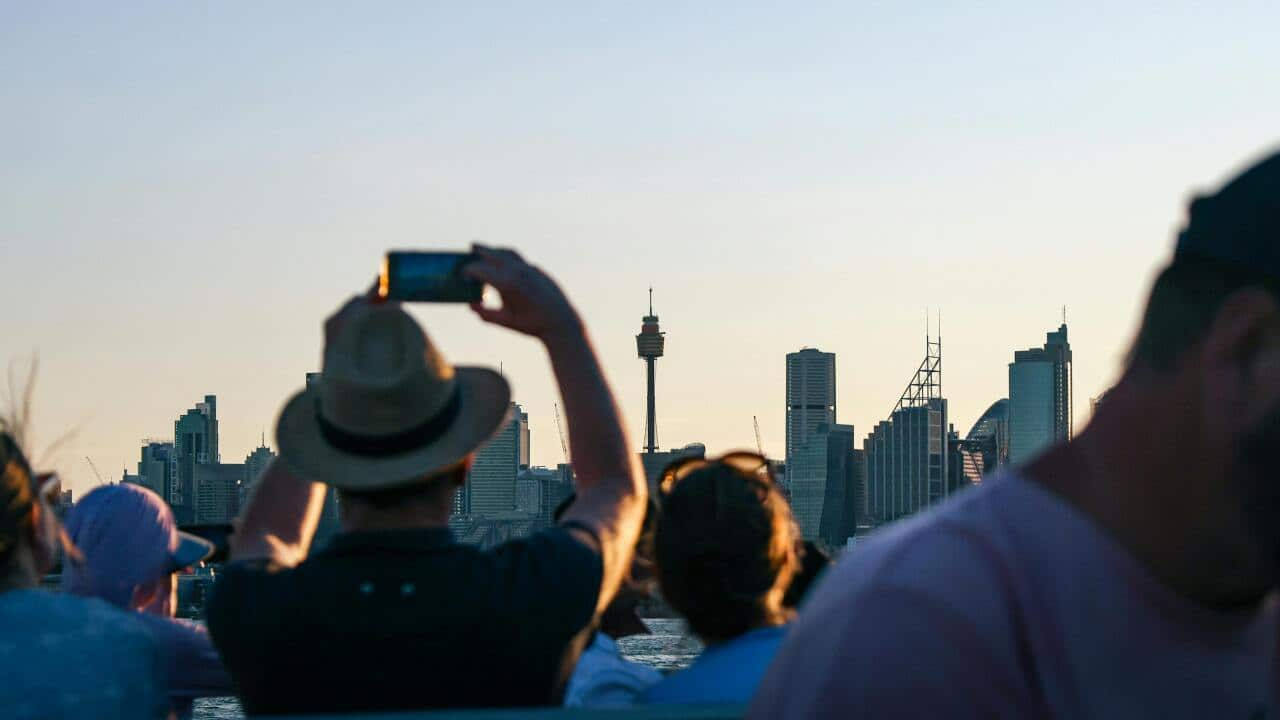Highlights
- The new variant 'Mu'can partially evade the immune response from a previous infection and vaccination, that's why it is being closely monitored by the W-H-O.
- Developed nations will have one billion surplus doses - that's even if every European and American adult has received a third booster shot and all children over 12 are injected.
- The Dutch national health authority estimates 75 per cent of people 18 years and older in the country are now fully vaccinated, a weekly infections have been stable for two weeks at around 100 per 100,000 people.
A new coronavirus variant of interest, named 'Mu', could be more vaccine-resistant, the World Health Organisation (WHO) has warned. Mu was first identified in Colombia in January 2021. As it can partially evade the immune response from a previous infection and vaccination, the new variant is being closely monitored by the W-H-O.
So far Mu has spread to 43 countries and regions, including the United States, Japan and South Korea.Japan's health ministry has confirmed its first cases of the new Mu variant in two people arriving from abroad in June and July. South Korea says so far its three confirmed COVID-19 Mu variant cases were all imported, and no community infection of the strain has yet been reported.
Compared with the Delta variant, a variant of concern for its greatly increased transmissibility, Mu is the fifth so-called "variant of interest" to be monitored by the W-H-O since March.
It has a number of mutations that suggest it could be more resistant to vaccines but further research is needed to confirm this.
To Italy, where Health Minister Roberto Speranza says COVID vaccines must be accessible to everyone as poor countries struggle to get supplies.
"Today there are very strong inequalities between the richest and most advanced countries, which now have very significant vaccination rates and continue to progress, and then there are countries that have fallen behind. The commitment of the "Pact of Rome", on which we are working, is to create the conditions for vaccines to be a right for all and not a privilege for the few," Speranza said.




